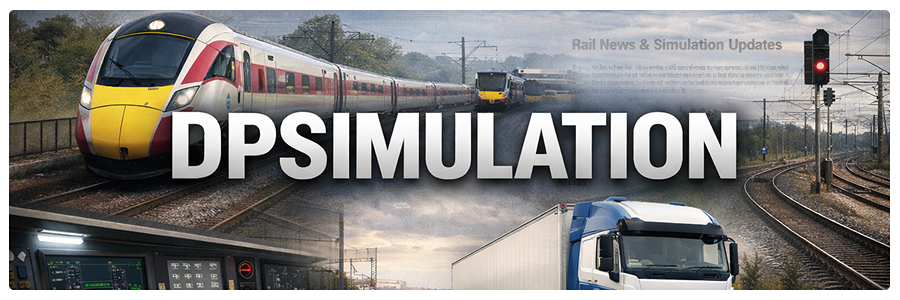Transport Tycoon (1994-)
Transport Tycoon was developed by Chris Sawyer and released in 1994. The game was published by MicroProse, a company well-known for its simulation and strategy titles. It debuted on MS-DOS and later saw an updated version titled Transport Tycoon Deluxe in 1995, which offered improved features, new graphics, and additional scenarios. While it wasn't released on a broad range of platforms initially, its legacy continued with unofficial open-source remakes such as OpenTTD, which helped introduce the game to modern systems and audiences.
In the game, players take on the role of a transport company manager, building and operating a network of transportation infrastructure. This includes constructing roads, railways, airports, and shipping routes to move passengers and goods between cities and industries. Success hinges on effective planning, strategic expansion, and managing competition. The simulation runs in real time and spans several decades, allowing players to progress through different eras of transportation technology and face evolving economic and logistical challenges.
Transport Tycoon featured a memorable soundtrack composed by John Broomhall, known for its jazzy and upbeat tracks that gave the game a relaxed yet engaging tone. The music dynamically responded to in-game actions and added character to the various regions and scenarios. Although Transport Tycoon had no direct prequels, its design was heavily inspired by other management games of the era, particularly those developed by MicroProse. Chris Sawyer’s success with this title laid the groundwork for future projects like RollerCoaster Tycoon, which adopted similar mechanics and systems.
The game was promoted as a deep, engaging simulation experience for fans of strategy and management games. It was well received by critics and players alike, praised for its complexity, depth, and replayability. The isometric graphics and smooth interface stood out at the time, and its ability to simulate large-scale transportation networks made it a benchmark for the genre. Over the years, its enduring popularity has been sustained by a strong fanbase, especially through the open-source OpenTTD project, which has kept the game alive on modern hardware.
Key Features of Transport Tycoon:
Real-time management of transport networks including rail, road, air, and sea
Evolving technologies from the 1930s through to the 21st century
Multiple industries and cargo types to connect and supply
AI competitors that expand and compete in the same world
Dynamic economy affected by player actions and time progression
Customizable scenarios with different landscapes and goals
Images from MobyGames
Buy Transport Tycoon
Click one of the Ebay or Amazon buttons below to check the latest prices and purchase Transport Tycoon for that particular platform.



Transport Tycoon PlayStation with Mouse
The PlayStation port of Transport Tycoon was also available in a special pack which included the PlayStation mouse. Click one of the Ebay or Amazon buttons below to check the latest prices and purchase this pack.

Related Searches
Transport Tycoon is available to purchase and download from a range of vendors. Always shop around...
Transport Tycoon may be available to download as abandonware from one of the many sites that offer....
There are various sites out there that can offer cheat codes for games. Search now to find all available...
There are many sites out there that have collated and documented historic reviews of this game. Search now...
We don't host or link to rom sites for this game. However, there are many sites out there that may be...
The initial release date for Transport Tycoon is stated as November 1994. Other ports of the game may have....
Transport Tycoon is available to purchase and download from the link(s) shown further up this page....
There are multiple sites around the internet that offer visual guides to this game. Search now to find the....








